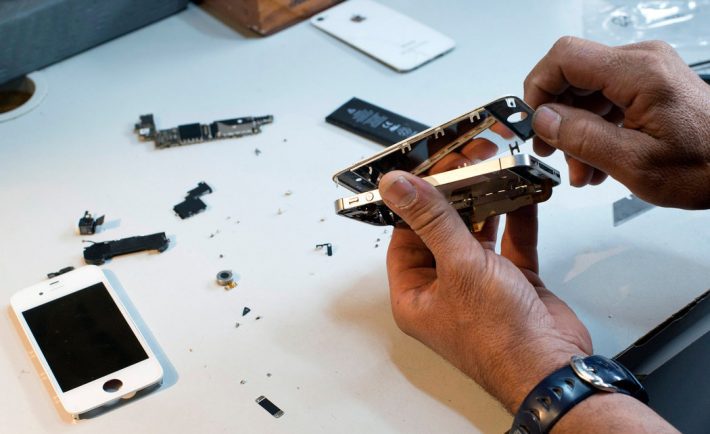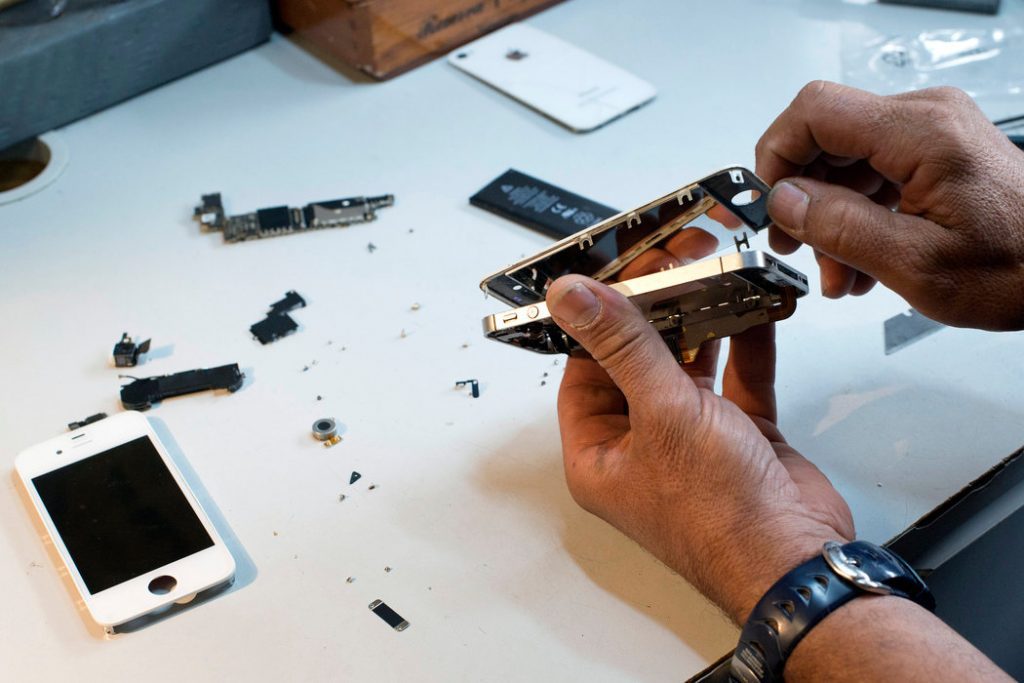
As leaks swirl around the upcoming fall release of the iPhone 8, the perennial question inevitably arises: should I upgrade now or wait until later? Whether it’s your smartphone, your tablet, your laptop or another device, every tech owner eventually faces the same question. On the one hand, there’s the impulse for instant gratification to get the latest and the greatest today and take advantage of current sales. On the other hand, there’s the voice of hesitation urging you to wait until you hear the reviews and the price goes down. Which voice should you listen to? Here are five general guidelines to help you decide whether or not that upgrade is worth it.
Do You Really Need to Upgrade?

Sometimes 40-year-old technology actually is the best tool for the job
The first practical question to consider is whether you really need to upgrade. For instance, contrary to the marketing hype, you don’t normally need to upgrade your smartphone every year, says CNBC technology production editor Todd Haselton. In his opinion, now that smartphones have matured from their early days, hardware upgrades such as camera improvements aren’t really that dramatic anymore from one smartphone generation to the next. The only good reason to upgrade a smartphone is to get the latest software and security features, Haselton argues.
Will an Upgrade Deliver Significant Performance Improvement?

A Wild Idea: Making Our Smartphones Last Longer
Haselton’s rule of thumb makes sense when hardware upgrades are largely cosmetic. On the other hand, some hardware upgrades really do make a dramatic difference. For instance, Qualcomm’s Snapdragon 800 mobile processors represent a significant advance on previous processors, delivering performance improvement, supporting improved graphics quality and 4G LTE connectivity. Qualcomm’s next generation of mobile processors will support 5G connectivity, which will deliver speeds 100 times faster than 4G. These types of hardware improvements represent a qualitative leap in performance, which can justify an upgrade.
What Do You Use Your Tech For?

Why You Don’t Need an Expensive Smartphone Anymore
Another consideration is what you plan to use your technology for. For instance, if you use your laptop primarily for word processing, an upgrade that delivers better graphics capability may not have much functional added value for you. On the other hand, if you’re a graphics designer or gamer, improved graphics capability might make a major difference in your ability to use the latest design software or play the latest games.
How Old Is Your Hardware?

Older Phones That Are Still Great Buys
Another factor that affects whether you need to upgrade is the age of your equipment. For example, if you just got your computer last year, your hardware can reasonably be expected to last a few more years. On the other hand, if your computer is over four years old, studies show that your hardware is increasingly at risk of crashing the longer you wait to replace it. Similar considerations apply to other types of aging equipment.
What’s Your Budget?
At the end of the day, budgetary considerations usually play a big role in your final decision. Obviously your current financial situation must be weighed in, but you should also look at the long-term picture. One long-term variable to consider is possible hidden costs. If your current tech is highly customized, you may end up spending ten times the amount in services for every dollar you spend on a software upgrade. Similarly, an operating system upgrade may require you to upgrade much of your software, adding to your total investment. Don’t forget to take these types of hidden costs into account when deciding whether or not to upgrade.
By taking these factors into consideration, you can get the most out of your technology without necessarily having to spend more money. However, these guidelines will also let you know when an upgrade is the most prudent decision.




